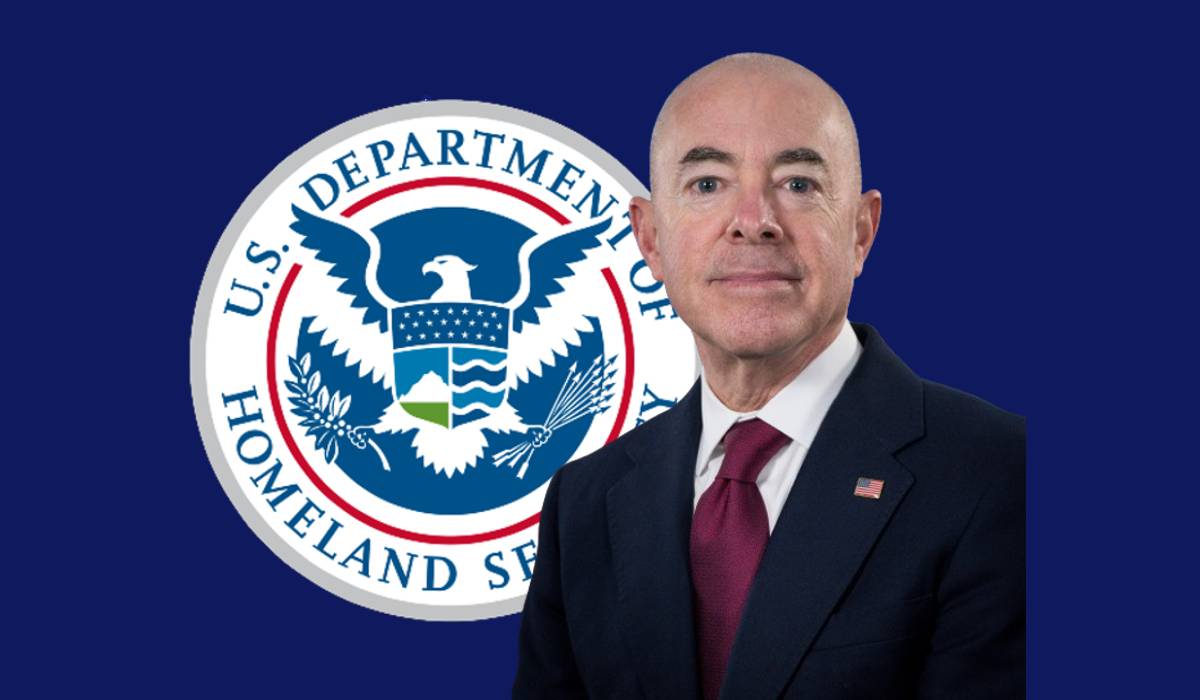Homeland Secretary Mayorkas Impeachment Saga: A Closer Look at Media Theatrics
- TDS News
- U.S.A
- January 4, 2024

Late Wednesday night, news broke that the Republican House of Representatives is pushing efforts to remove Secretary of Homeland Security Alejandro Mayorkas from office. However, the narrative surrounding this development is not as straightforward as it may seem. In politics, not everything that goes on in government qualifies as breaking news, and often, the most exaggerated and divisive stories take precedence over more nuanced and critical issues.
The focus of the effort to remove Secretary Mayorkas is the ongoing crisis at the U.S. southern border. The narrative frames him as the sole reason for the dysfunction, conveniently ignoring the fact that this has been a long-standing issue that predates his tenure. The border crisis was a concern under the Trump, Obama, and Bush administrations, and so on. It is a persistent problem that transcends party lines and administrations.
This highlights a significant flaw in how the public covers and consumes politics. The most bellicose and attention-grabbing news tends to dominate the front pages, overshadowing the more complex and systemic challenges that the nation faces. In the case of Secretary Mayorkas, the attempt to remove him from office might make for sensational headlines, but the reality is far more complex.
Firstly, there is the practical matter of votes in the US Congress. The reality is that there is insufficient support to remove the Secretary of Homeland Security. Even if such a motion were to pass in the House, it would face a formidable obstacle in the Senate, which the Democrats currently control. The sheer impracticality of success raises the question: why persist with articles of impeachment when the outcome is almost certain to fail?
The answer lies in the realm of partisan politics. It has become common to initiate impeachment proceedings not necessarily with the expectation of success but to tarnish the reputation of political rivals. This despicable play undermines the integrity of the democratic process, turning impeachment into a tool for political warfare rather than a genuine mechanism for accountability.
Secondly, the issue of funding for the southern border crisis is entangled in a larger, more comprehensive Omnibus Bill. This bill includes billions in funding for addressing domestic concerns and international matters, such as support for Ukraine and Israel. Including such diverse elements in a single bill exacerbates the situation’s complexity.
Many Americans, regardless of political affiliation, express reservations about the allocation of funds for wars overseas. The Omnibus Bill becomes a contentious issue as citizens grapple with the idea that their tax dollars are being diverted to conflicts thousands of miles away, seemingly unrelated to their immediate safety and well-being. In a time when pressing domestic issues demand attention, allocating substantial resources to foreign conflicts raises eyebrows and stirs discontent among the public.
Furthermore, most Americans are not inclined to see their hard-earned money funding wars when it could be directed toward critical domestic needs. The nation faces healthcare, poverty alleviation, education, and many other challenges, each deserving attention and resources. The disconnect between public sentiment and government priorities becomes glaring, fueling frustration and disillusionment.
As the drums of impeachment beat louder in the media, it is crucial to recognize that the likelihood of removing the Secretary of Homeland Security remains slim. This reality, however, is often overlooked by major news outlets that prefer to focus on the theatrics of political maneuvering. Valuable airtime is given to politicians seeking nothing more than publicity, perpetuating a cycle that does little to enhance democracy or promote civil discourse. Citizens must look beyond the surface, demanding a more nuanced and substantive discourse from media outlets and political representatives. Only through informed and engaged participation can the public hold the government accountable for addressing the nation’s real challenges.








